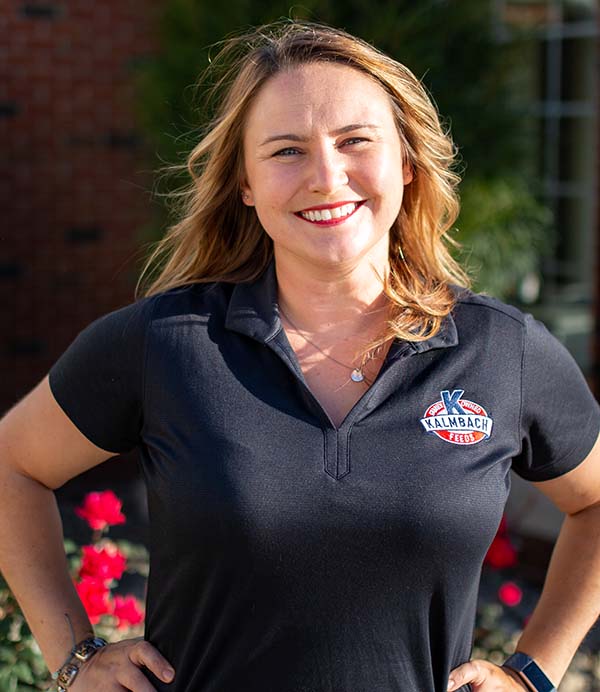Rabbit Management and Handling Tips

Dietary inconsistency and diets that are too rich or low in fiber are the primary reasons for digestive upset in rabbits. Rabbits are also very sensitive and easily susceptible to stress. Following the management guidelines below will help prevent or mitigate these types of issues as you may encounter them in your herd:
- Complete pellets should make up the majority of the diet – if not the whole diet.
- Fruits and vegetables should only be fed in moderation as treats.
- Your rabbit’s teeth never stop growing! Checking your rabbit’s mouth will help to detect any dental abnormalities/misalignment early on so that they can be addressed.
- Older rabbits may require appointments with a veterinarian for tooth trimming.
- Provide a chew toy that will help to wear down your rabbit’s teeth naturally. Cardboard tubes and wooden blocks make great additions to their environment.
- Do not feed treats to rabbits under 4 months of age, and no fruits or veggies until after 6 months of age.
- Inspect all feed components (hay, treats, and pellets) to make sure that it smells fresh and is free of mold and bugs. Never allow a rabbit to eat something of questionable quality.
- Store feed in a cool, dry place to maintain freshness. Do not store feed bags directly on concrete floors.
- Make all feed changes gradually over the course of 10 days.
- Always, ALWAYS have clean water available to your rabbits.
- Clean water bottles/bowls, and food bowls/feeders regularly.
- Fans, ventilation, and frozen water bottles help quite a bit during the hottest summer days.
- The amount of feed offered should depend on growth and body condition.
- If experiencing digestive upset or bloat, feed only good quality timothy/grass hay or wheat straw for a few days until symptoms subside and gradually re-introduce other dietary components.
- Have your veterinarian run a fecal test once or twice per year (Spring and/or Fall, when cocci is most prevalent) as part of your bunny's annual check up to make sure that they are free of parasites and cocci. Treat these conditions accordingly.
- Manage your rabbits in a way that minimizes stress. This includes handling often and keeping their environment clean, dry, and well ventilated.
- If your rabbit lives in your home and is allowed to roam, make sure to “rabbit proof” your house by plugging outlets, covering or elevating wires so that they are out of reach, and removing any toxic house plants like poinsettias and tomato plants.
Handle your Rabbits Frequently For Reduced Stress
One of the best ways to reduce stress in your herd is to handle your rabbits frequently. Taming rabbits is not a difficult task, it just takes time and patience. As a result, you will have a happy, healthy, low-stress bunny. Here are some guidelines that are great to keep in mind when handling your rabbit:- Always be gentle with your rabbit.
- Use a gentle but firm hold when working your rabbit.
- If your rabbit kicks or tries to get away, stay calm.
- If your rabbit gets away, never chase it.
- Handle your rabbit at least a few times each day.
- Always make sure that your rabbit’s weight is fully supported.
- Help your rabbit feel secure by holding all four feet against your body.
- When carrying your rabbit, always make sure to hold it close to your body.
- Never pick a rabbit up by its scruff or ears – ears are very sensitive.
- Always use both hands when picking up rabbits that are nervous about being handled.
- If you are holding a rabbit and it tries to jump/get away,
- Use good judgment when handling baby rabbits (kits), make sure that your hands are clean and that your doe is comfortable with your presence in her hutch.
- Try not to make any quick movements or loud noises that could startle your rabbit.
- Make sure that young children are supervised when handling rabbits.
- Hand feeding is a great way to build trust with your rabbit.
